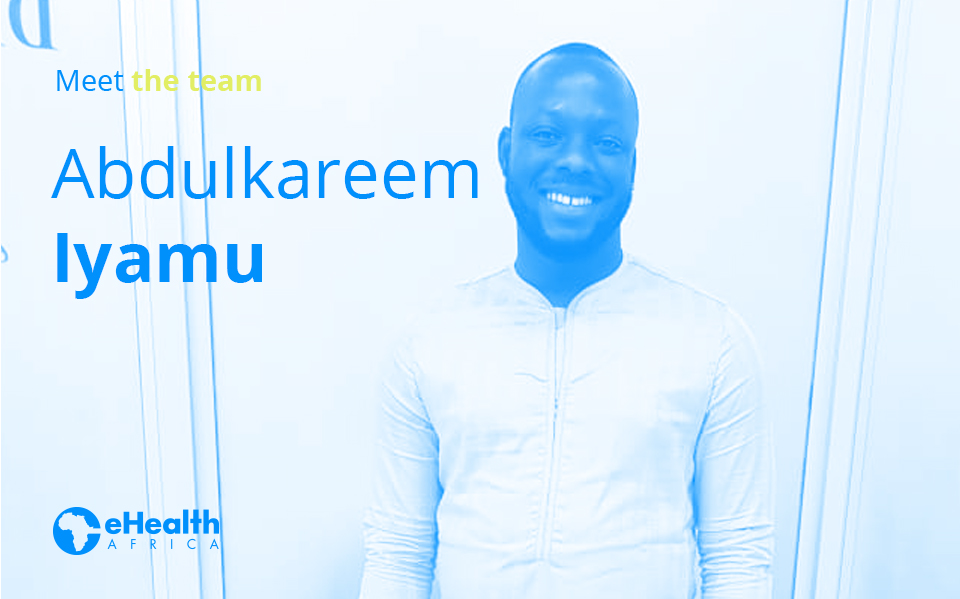Accurate data is essential for decision-makers and government actors to plan and execute impactful interventions and programs. The Kaduna State Bureau of Statistics (KDBS) is the coordinating parastatal for all activities relating to the generation and provision of statistical data in Kaduna State. The Bureau oversees the collection, collation, analysis, and interpretation of statistical and management of data, research, and analysis. The Kaduna State Government relies on this data for policy formulation and development planning.
Yusuf Lawan Dauda is the Higher Statistical Officer in charge of geodata processing and analysis in the Geographic Information Systems (GIS) Unit of KDBS. Yusuf is responsible for mapping, analysis, and interpretation of geospatial data which can be used to plan and conduct health campaigns and censuses in the state.
“Managing and processing our input data has been quite challenging because we do not have some of the technology needed to store and manage such large data. Commitment has been very low because many ministries, departments, and agencies (MDAs) do not fully understand how geospatial data can help them make better decisions.”
Achieving the mandate of KDBS has come with several challenges for Yusuf and the rest of his team. Many of the geoprocessing operations such as feature selection and analysis and data conversion have been difficult because the Bureau did not have the required data infrastructure or technical know- how.
Funded by the Bill and Melinda Gates Foundation (BMGF), the GRID3 project was conceived with the aim of collecting accurate, complete geospatial data relevant to a variety of sectors across 25 states of Nigeria and the Federal Capital Territory (FCT), to provide governments with data needed for evidence-based decision making, policy formulation and program planning. With the data collection phase completed, eHealth Africa began supporting states, beginning with Kaduna State, to store, analyze and use this data.
In response to the challenges at the Bureau, the Global Geo-Referenced Infrastructure and Demographic Data for Development (GRID3) program partnered with eHealth Africa to build the capacity of KDBS to improve data input, data management, and analytic processes through the establishment of geospatial data infrastructure (Gather/Aether). eHA trained personnel at KDBS and other relevant MDAs to develop and integrate the data infrastructure. They were taught how to use modern solutions and tools to analyze, interpret and store large volumes of data.
The transfer of technology has significantly impacted Yusuf’s work. During the training sessions, Yusuf learned how to visualize, publish and monitor large data sets in real time. Using Gather, he can now store and manage existing and incoming data from surveys.
“This was my first experience working with tools like Tableau, Kibana, and Gather. I am happy because they truly make my work more efficient. Using Gather, I can confidently manage our existing data, store incoming data from surveys and conduct spatial data analysis to yield accurate and relevant information that the State can use to make decisions.”
Through this technology transfer, the GRID3 project has not just empowered Yusuf and his team at KDBS with invaluable skills but has also repositioned the Bureau to better contribute to the development of Kaduna State and its citizens.






